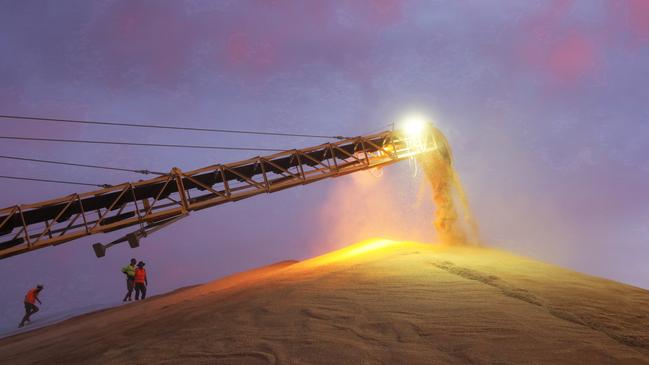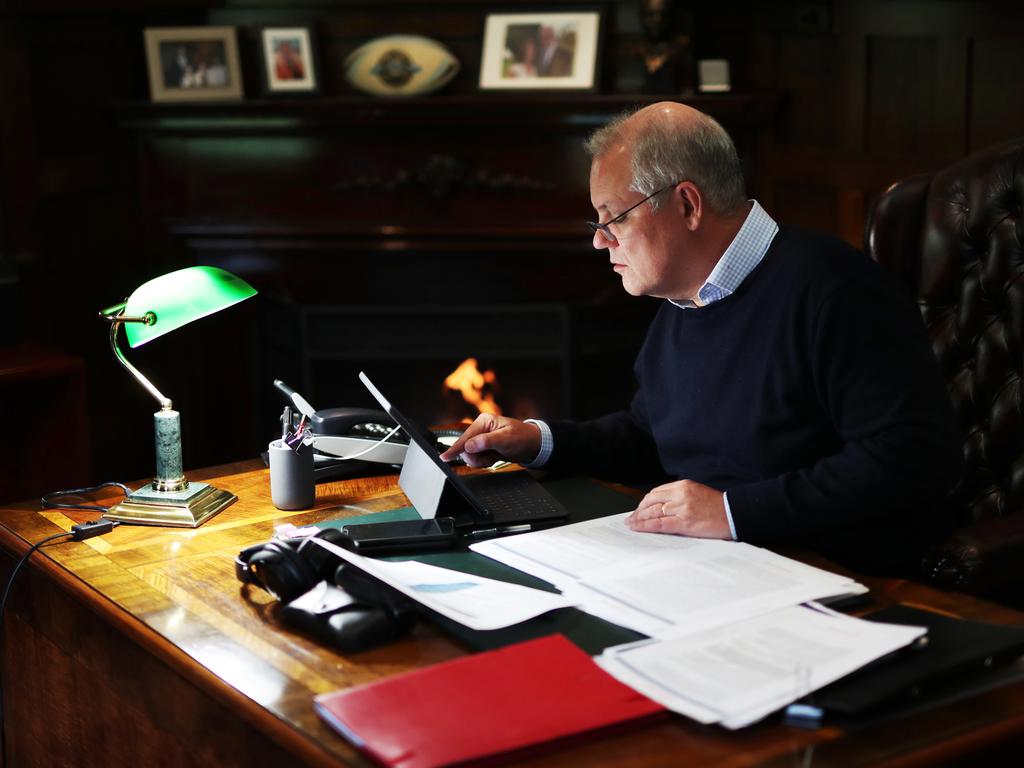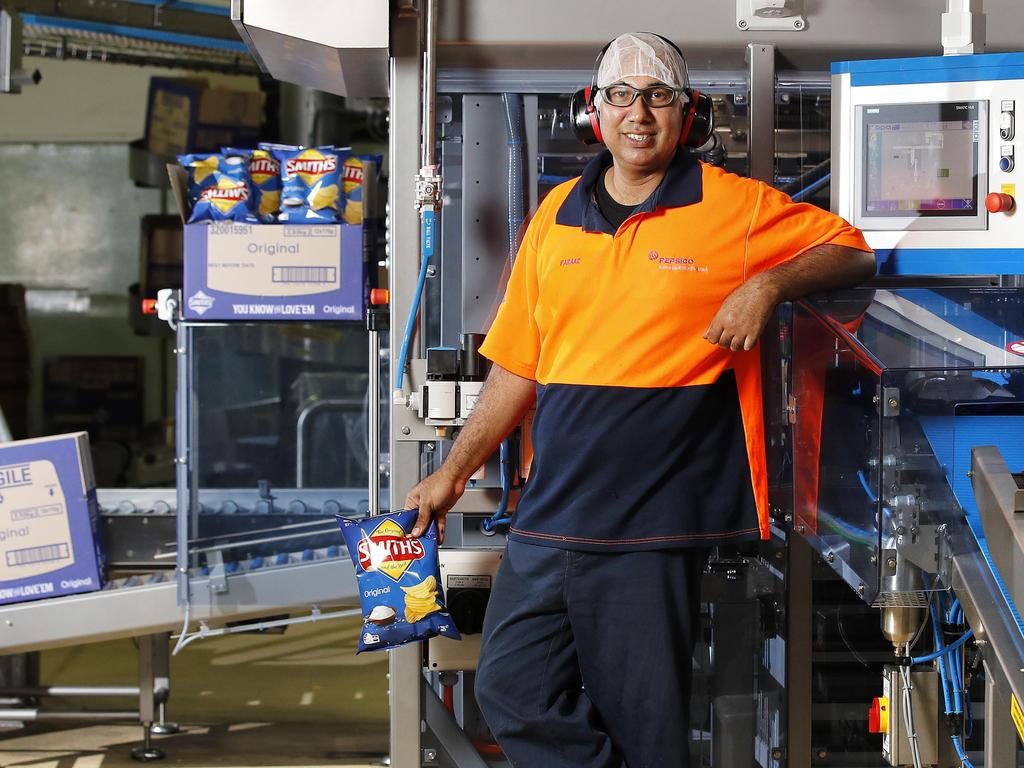
He and his supporters understood that we could not depend on the “mother country” and had to develop our own industry. No one is suggesting we return to a high protectionist society and Barton’s views on other matters are certainly not mine.
Fast forward 120 years and the manufacturing technology revolution of the last decade has greatly reduced the tyranny of scale which in previous generations meant that our low population gave us high-cost manufacturing.
While applauding this week’s Morrison initiative there are some hazards in what he is attempting. And once again I return to Edmund Barton, who represented the Hunter Region near Newcastle.
Fifteen years after federation, BHP established a steel works in Newcastle and it was one of the most efficient in the world. But, as so often happens with large enterprises, BHP appointed a set of directors with a different view on the world and so three months before the centenary of the appointment of Barton as prime minister they shut the Newcastle steel plant.
If Morrison’s initiative is to succeed then what happened in Newcastle in the first 20 years of the 21st century must be a component of his plan. Before I explain what happened in Newcastle after the BHP walkout, let me put out a warning.
A big part of what Morrison is planning is based in an industrial complex around the development of Narrabri gas. We need such a complex but south of Narrabri and across the Victorian border, according to Exxon’s work, is a bigger, much lower cost, gas field --probably about half the cost of Narrabri. Sadly for the nation and for Victoria, the Victorian Premier’s actions prevent it from being developed. But Daniel Andrews will not be there for ever and eventually someone will lead the Victorian government (and there some good ALP people) who will want to set up a world-class industrial complex based on the low cost abundant gas. If relationships with China are ever normalised (and that looks a long way off) they will develop the complex, given that Australia has a world-class deposit close to a pipeline and a port. Remember when we had four car makers?
Newcastle revival
Now back to Barton’s Hunter electorate and what happened after The Big Australian closed its Newcastle steel works.
The citizens of Newcastle realised that they had skills and small operations that could be harnessed. A co-operative called HunterNet was developed bringing together a large network of manufacturing, engineering and specialist service companies located in the Hunter and Central Coast regions of NSW. Their slogan is “Feel the power of many”. They work together in training and the network extends into many industries and has fostered exports.
Earlier this month, under the heading “Networking and skills can revive Australian manufacturing” I pointed out that consumers are increasingly picking up goods and looking to see where they are made. Enterprises all around the land are waking up to this and the registered Made in Australia logo is experiencing a big rise in demand. This underpins the Morrison strategy.
In Australia, in building, we are incredibly dependent on overseas materials such as plumbing fittings, windows, cladding, wall coverings and doors. And many of those imported components have been of dubious quality. But what remains of the local industry consists of enterprises that are not large enough.
And so like Newcastle in 2000, we have scattered around the country, particularly in regional and outer suburban areas, manufacturing operations of a smaller scale. It would not require a great deal of organisation to network those plants so that there is the capacity to supply major contracts. And if large orders are placed with a network it would incentivise some of enterprises in that network to expand. This networking principle can be applied to many industries outside building.
The co-operative model?
You don’t need a cooperative to undertake the network but it’s a good model. The cooperative structure has been reformed in recent years – a reform led by Scott Morrison when he was treasurer. He made it possible for co-operatives to raise capital outside of their members if that’s appropriate for their business strategies.
This makes it possible for co-operatives to not only provide the advantages of networking to local industries but provide capital as well.
Industry Minister Karen Andrews is enthusiastic for co-operatives but headline-grabbing plans are much more seductive. Properly run co-operatives can be very effective in actually conducting an operation.
Our largest co-operative by turnover is Co-operative Bulk Handling Ltd in Western Australia, where the wheat farmers have from time to time refused takeovers from GrainCorp because they say their grain handling co-operative has world class facilities and provides a much lower cost service than the listed GrainCorp provides in eastern states.
Accordingly they refuse the big capital profit they could make by selling their co-operative’s shares in the way members of the NSW Grain Elevators Board did in 1998 to form GrainCorp.
The WA wheat farmers believe it is better to enjoy lower storage and handling costs rather than take a capital profit. It works.







It is wonderful that Australia has rediscovered some of the wisdom of our first prime minister. Edmund “Toby” Barton.